Ancient
In this section there are articles and podcasts to cover broad theme from the ancient world such as ‘From Stonehenge to the Romans’ or more specific areas such as the role of literature or women in particular cultures. There are articles covering the Indus Valley and Mayan civilizations taking the articles in this section well beyond the boundaries of the European Ancient World.
Sort by:
Date (Newest first) | Title A-Z
Show:
All |
Articles |
Podcasts |
Multipage Articles
-

Podcast: Christianity in Imperial Rome
Multipage ArticleClick to view -

Podcast: Latin Poets and their Role in Roman Society
Multipage ArticleClick to view -
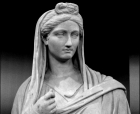
Podcast: Roman Imperial Society
Multipage ArticleClick to view -

Polychronicon 116: The Roman Empire
ArticleClick to view -
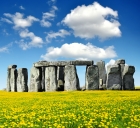
Polychronicon 126: Stonehenge
ArticleClick to view -

Polychronicon 132: Roman Emperors
ArticleClick to view -
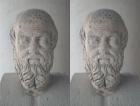
Polychronicon 169: Herodotus
ArticleClick to view -
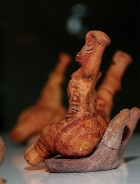
Prehistoric Bristol
ArticleClick to view -

Prehistoric Scotland
ArticleClick to view -

Recorded webinar: Maya ruler King Pakal II of Palenque
ArticleClick to view -
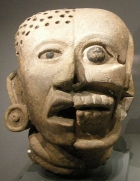
Reuse of the Past: A Case Study from the Ancient Maya
ArticleClick to view -

Roman Britain
ArticleClick to view -

Sudan Holy Mountain: Jebel Barkal and its Temples
ArticleClick to view -
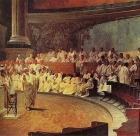
The Government of the Roman Empire
ArticleClick to view -

Transforming Year 7's understanding of the concept of Imperialism: a case study on the Roman Empire
ArticleClick to view -
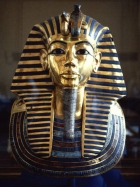
Two Babies That Could Have Changed World History
ArticleClick to view -

Working with Boudicca texts - contemporary, juvenile and scholarly
ArticleClick to view -

“They Ought to Know the Achievements of the Ancient Greeks”
ArticleClick to view

